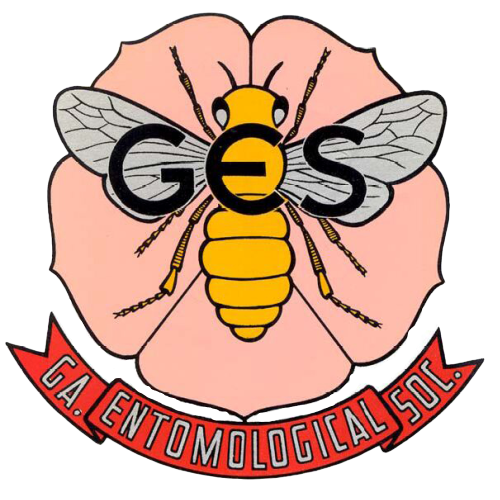Four noctuid larvae, Heliothis zea (Boddie), Spodoptera exigua (Hubner), Pseudoplusia includens (Walker), and S. ornithogalli (Guenee) were reared on semi-synthetic diet in which varying concentrations of the carbamate fungicide benomyl were incorporated. These larvae were exposed to parasitization by Cotesia (= Apanteles) marginiventris (Cresson), and the effect of the fungicide on parasitism and host survival determined. Successful parasite emergence from H. zea, S. exigua, and P. includens was significantly reduced (P = 0.01) as benomyl concentration increased. Parasite emergence from S. ornithogalli was reduced, but a significantly significant dosage response was not evident. Implications of these findings, including a possible deleterious effect on natural biological control following benomyl application, are discussed.
Contributor Notes
1 Hymenoptera: Braconidae
2 Published with approval of the Director, Arkansas Agric. Exp. Stn.
3 Present address: Department of Entomology, Texas A & M University, College Station, TX 77843.
4 Present address: Extension Entomology Department, University of Georgia, Athens, GA 30602.
